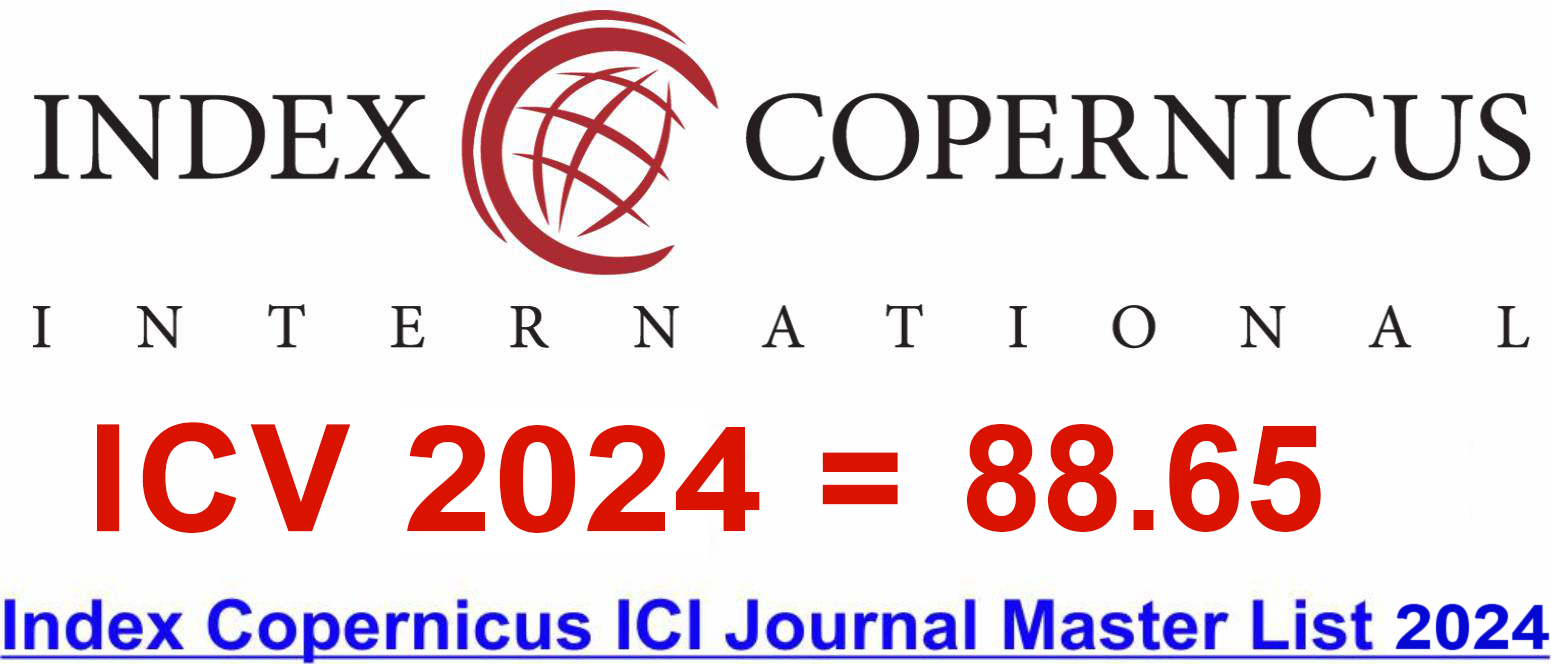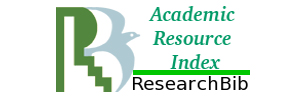Abstract
Teachers who fail to adequately enforce classroom rules may be the cause of most classroom disruptions in schools. Primary school students' disciplinary actions are the focus of this study, which aims to examine the relationship between positive classroom management practices and these outcomes. In order to gather data for the research, more than 620 teachers from Antalya were interviewed. A statistical analysis was performed to ascertain the significance level of the regression coefficient. Teachers' administrative skills significantly correlated with students' adherence to rules and regulations. The results indicated a positive correlation between students' overall disciplinary behavior and the first, second, third, fourth, and sixth dimensions of classroom management, but a negative correlation with the fifth dimension. Research reveals a significant correlation between certain instructor competencies related to classroom management and students' ability to act disciplined in class.
References
- Amemiya J, Mortenson E, Wang MT. Minor infractions are not minor: School infractions for minor misconduct may increase adolescents’ defiant behavior and contribute to racial disparities in school discipline. American Psychologist. 2020 Jan;75(1):23. https://doi.org/10.1037/amp0000475
- Wills HP, Caldarella P, Mason BA, Lappin A, Anderson DH. Improving student behavior in middle schools: Results of a classroom management intervention. Journal of Positive Behavior Interventions. 2019 Oct;21(4):213-27. https://doi.org/10.1177/1098300719857185
- Hayes R, Titheradge D, Allen K, Allwood M, Byford S, Edwards V, Hansford L, Longdon B, Norman S, Norwich B, Russell AE. The Incredible Years® Teacher Classroom Management programme and its impact on teachers’ professional self‐efficacy, work‐related stress, and general well‐being: Results from the STARS randomized controlled trial. British Journal of Educational Psychology. 2020 May;90(2):330-48. https://doi.org/10.1111/bjep.12284
- Batool S, Bhatti RU, Waseem M. Impact of Classroom Management Strategies on Academic Achievements of Students at The Elementary Level. Journal of Education and Social Studies. 2023;4(2):373-84. https://doi.org/10.52223/jess.2023.4214
- Hepburn L, Beamish W, Alston-Knox CL. Classroom management practices commonly used by secondary school teachers: results from a Queensland survey. The Australian Educational Researcher. 2021 Jul;48(3):485-505. https://doi.org/10.1007/s13384-020-00402-y
- Adedigba O, Sulaiman FR. Influence of Teachers' Classroom Management Style on Pupils' Motivation for Learning and Academic Achievement in Kwara State. International Journal of Educational Methodology. 2020;6(2):471-80. https://doi.org/10.12973/ijem.6.2.471
- Kazak E, Çiner S. Undesired behaviors of school principals and the effects of these behaviors on teachers. Turkish Online Journal of Qualitative Inquiry. 2021 Apr 1;12(2):300-28. https://doi.org/10.17569/tojqi.846037
- Kaya M, Selvitopu A. A Meta-Analysis of the Effects of Some Factors on Teachers' Classroom Management Skills. International Journal of Contemporary Educational Research. 2019 Dec;6(2):409-25. https://doi.org/10.33200/ijcer.621313
- Marder J, Thiel F, Goellner R. Classroom management and students' mathematics achievement: The role of students’ disruptive behavior and teacher classroom management. Learning and Instruction. 2023 Aug 1;86:101746. https://doi.org/10.1016/j.learninstruc.2023.101746
- Cunningham JE, Chow JC, Meeker KA, Taylor A, Hemmeter ML, Kaiser AP. A conceptual model for a blended intervention approach to support early language and social-emotional development in toddler classrooms. Infants & Young Children. 2023 Jan 1;36(1):53-73. https://doi.org/10.1097/IYC.0000000000000232
- Varghese C, Vernon-Feagans L, Bratsch-Hines M. Rural classroom environments as contexts for teacher-child relationships. The Journal of Educational Research. 2019 May 4;112(3):411-20. https://doi.org/10.1080/00220671.2018.1545214
- Clark KN, Blocker MS, Gittens OS, Long AC. Profiles of teachers' classroom management style: Differences in perceived school climate and professional characteristics. Journal of School Psychology. 2023 Oct 1;100:101239. https://doi.org/10.1016/j.jsp.2023.101239
- Han L, Ali DA, Bhaumik A. The Effects of Elementary School Teachers' Skills in Managing the Classroom on Discipline-Violating Students. International Journal of Advances in Business and Management Research (IJABMR). 2024 Sep 12;2(1):26-31. https://doi.org/10.62674/ijabmr.2024.v2i01.004
- Lingmin W, Ghani KB, Islam A. The Effect of the Principal's Leadership Style on the Motivation and Job Performance of Teachers in Rural Schools in China. International Journal of Advances in Business and Management Research (IJABMR). 2024 Sep 12;2(1):9-16. https://doi.org/10.62674/ijabmr.2024.v2i01.002















